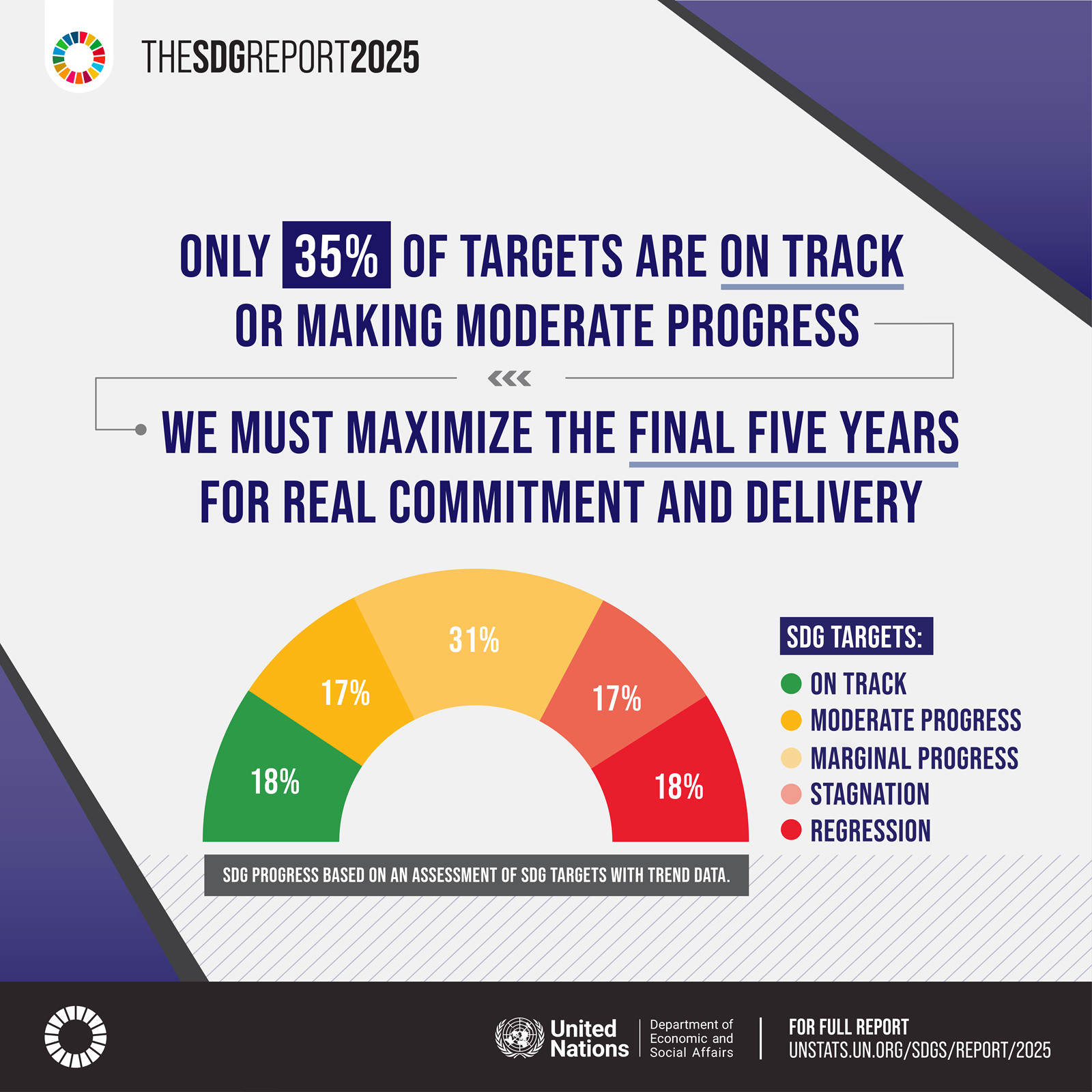From 31st October to the 2nd of November, 2024, the Ministry of Energy and Mineral Development, in partnership with the National Renewable Energy Platform (NREP), will host the Renewable Energy Conference & EXPO (REC24 & EXPO) at the Munyonyo Commonwealth Resort in Kampala, Uganda. The event will consist of high level discussions, energy financing, technology development and deployment, knowledge management, research, capacity building and communities of practice, policy, planning, standards and markets.
The theme of REC24 & EXPO: ‘Transforming Livelihoods through Clean Energy Access’ is well-timed to reflect on. This is because the Uganda’s energy sector is undergoing policy changes while institutional reforms are anticipated in future. Whereas these are commendable policy milestones, the devil is in the detail – how they will these be translated into tangible, time-bound actions?
‘Transforming Livelihoods Through Clean Energy Access’ is a loud voice calling for an equal response to meet the needs of the a (youthful) population in dire need of basic needs and (green) jobs, that are motivated by energy ‘hotspots’ in rural areas. For example, through addressing the deficit in energy for lighting where majority of households (52 per cent) are reported in the Uganda National Population and Housing Census 2024 to be using Tadooba (local paraffin candle) as the main source while only about 20 per cent used electricity. Action here can unlock economic, public health improvement and social transformation
Though it could be taken lightly, possession of kitchens is still a challenge much as it defines where, how, what, when and how to cook. TheUganda National Population and Housing Census 2024 Report has also noted that overall, about half of the households (51 per cent) used outside built kitchens while 25 per cent used open space. More households in rural areas (56 per cent) cooked outside in built up kitchens compared to households in urban areas (34 Per cent). This has implications on household energy efficiency and related investment decisions at that level.
Read the full article in the East African SusWatch INFORSE East Africa E bulletin (September 2024)

